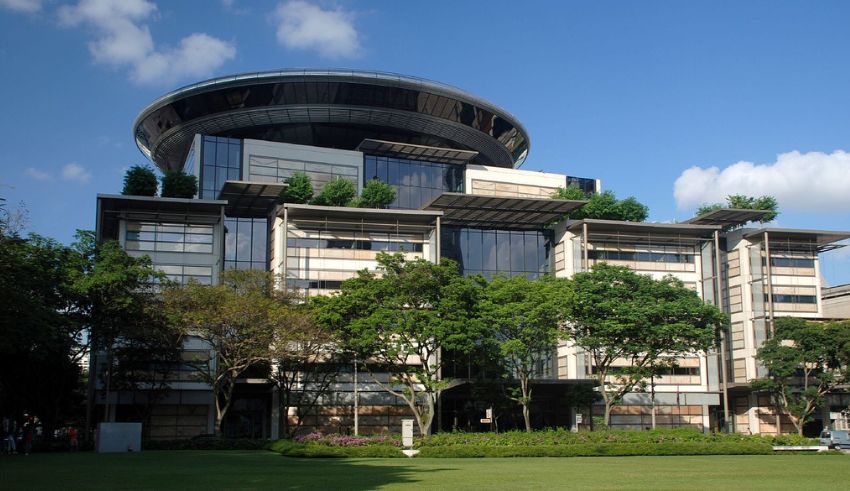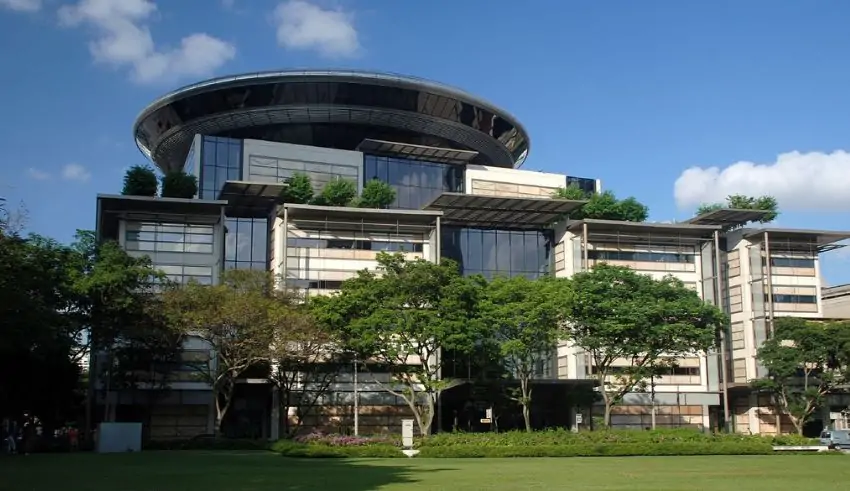

(C) Supreme Court of Singapore - Wikipedia
In an unexpected twist, a Singapore court has dealt a substantial setback to Binance, the prominent cryptocurrency exchange platform, by declining to pause a class action initiated by more than 3,000 users. These users allege that Binance, in March 2020, erroneously halted their accounts and clandestinely shifted their digital assets – collectively valued at over US$100 million – to an undisclosed wallet without securing their approval.
Responding to this legal tussle, users filed a class action in June 2020 within the Singapore High Court, seeking both compensation and injunctive relief against Binance. In an intriguing turn of events, Binance sought to forestall these proceedings, advocating for arbitration based on a clause buried within its labyrinthine terms and conditions. However, the court astutely ruled that this arbitration agreement lacked the necessary clout for several compelling reasons.
Primarily, the court asserted that the arbitration agreement was inadequately woven into the contract between Binance and its users. It acutely noted that users were bereft of actual or constructive notice of the terms and conditions during the registration dance. Intriguingly, the court underscored the subtle nature of these terms and conditions, not prominently showcased on the platform’s website, with users not subjected to the usual dance of affirmatively accepting them through a checkbox or hyperlink.
Digging deeper, the court unearthed the oppressive nature of the arbitration agreement, characterizing it as a financial albatross on users. It spotlighted a non-refundable registration fee of US$2,000 to unlock the gates of arbitration. This hefty toll, coupled with users bearing the financial burden of arbitrator fees, the Singapore International Arbitration Centre’s (SIAC) administrative fees, and their personal legal expenses, painted a grim picture. The court, with an astute gaze, estimated that the toll of arbitration would soar beyond US$1 million, eclipsing the average claim value per user.
In a philosophical twist, the court painted the arbitration agreement as a violator of public policy, stripping users of their sacred right to justice and the pursuit of collective redress for shared grievances. Class actions, the court opined, stood as a bastion for justice, especially in the realm of modest claims that would otherwise face the guillotine of economic impracticality when pursued solo. A poignant note emerged as the court highlighted the recent legislative embrace in the form of the Class Actions Act 2020, framing a canvas for collective redress mechanisms.
In a finale that echoes legal harmony, the court declared the arbitration agreement not merely invalid but also unenforceable. Forcing users into the labyrinth of arbitration, it deemed, would be an exercise in inequity. The court, with a nod to justice, dismissed Binance’s plea, paving the way for the class action’s unfettered dance within the hallowed halls of the Singapore High Court.
This unfolding legal drama paints a unique tableau in the vibrant tapestry of cryptocurrency clashes, adding a nuanced brushstroke to the industry’s evolving legal landscape. As the case pirouettes forward, it promises to script intriguing narratives and potentially carve an indelible mark in the annals of cryptocurrency-related legal sagas and the elusive realm of enforceability in arbitration agreements within this dynamic industry.
The Ministry of Foreign Affairs (MFA) in Singapore has upped its travel warning for Singaporeans by advising against travelling to…
With the aim of honoring the stellar performers and achievers in the music industry of South Korea, the yearly prestigious…
Children’s favourite and globally acclaimed ‘Cocomelon’ is known for their appealing animated videos which features nursery rhymes, educational songs, and…
ExecuJet MRO Services Malaysia has a reason to smile as its maintenance, repair and overhaul (MRO) received the Japan Civil…
Sony is known for catering premium quality in all types of electronics products they make for their users with their…
The European Union and Singapore agreed to a transformative Digital Trade Agreement which serves to deepen their economic relations through…
This website uses cookies.
Read More